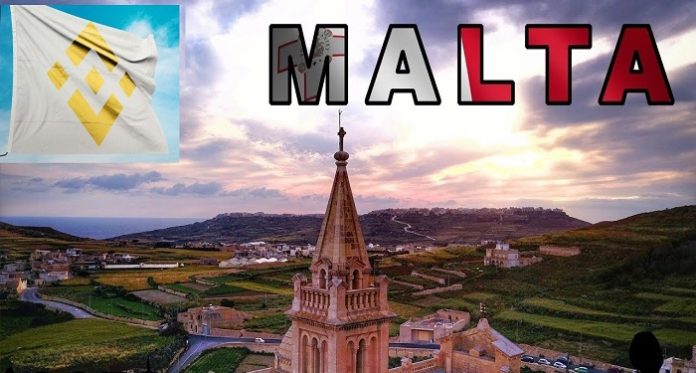After earning the great reputation as “Blockchain Island”, Malta is taking big steps to protect the blockchain industry by investing hugely in supervisory technology.
Investments according to authorities are intended at ensuring that risks associated with digital currencies are kept at lowest in Malta.
Table of Contents
WORK TO DO
While giving friendly welcome to the blockchain industry and seeing the influx of activities around the island, MFSA (Malta Financial Services Authority) considers having a lot of work to do already.
Facing the serious criticisms over the years in failing to protect victims of La Valette Property Funds Collapse, the regulatory institution has come out of not leaving any loopholes this time.
The head of MFSA’ securities and markets supervision unit, Christopher Buttigieg mentioned several risks that come in environments with the high flow of money. So, the establishment is already working for blocking such vulnerabilities to criminals, terrorists, money launderers, among other bad actors.
The open access for the number of nations to blockchain and cryptocurrency in relation to the growing nature of that industry shows that there will be the number of nations experiencing the great influx of crypto activities soon. The number of ICOs, startups, conferences and training programs turning towards nations like Malta also.
WORKING AHEAD OF TIME
Apart from having the direct monetary risks, the need to develop the required standards for enterprises that aim to host their programs in such nations will take a long way to define the societies.
Recently, Malta has done legislation that covers cryptocurrency and blockchain. So, the efforts of MFSA to make regulatory system tighten are ahead of the expected expansion of the industry. Apart from the criticism on La Valette Property Funds failure, the institution has also faced huge criticism following allegedly breaching several financial institutions including Pilatus Bank. Therefore, it is undergoing huge pressure from Financial Intelligence Analysis, European Parliament, European Banking Authority, and the European Central Bank.
Christopher Buttigieg further stated that there are several scenarios from which his institution has learned much and would work more efficiently to fully avoid any chance of reoccurrence. He said that MFSA has gone beyond the other regulators, as it has already adopted the Fifth Anti-Money Laundering Directive well before the deadline of 2019.




